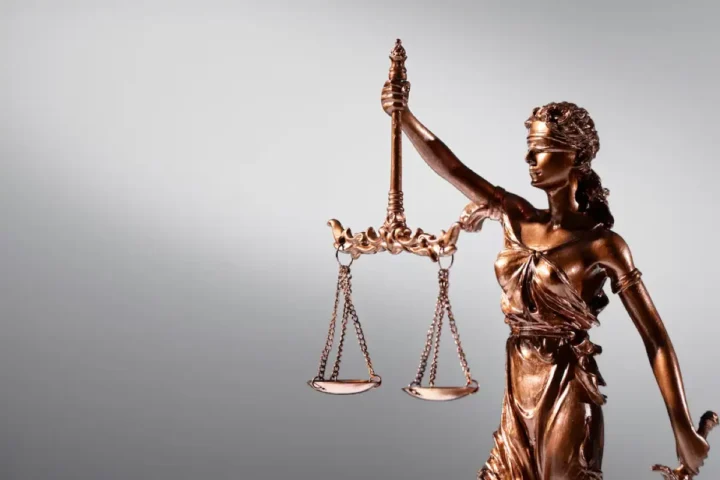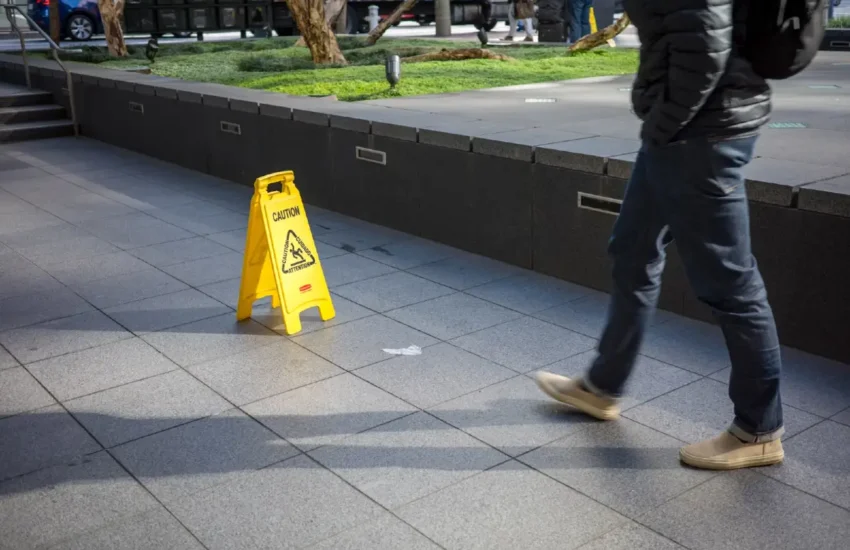Protecting Your Parental Rights: A Guide For Long Island Families
Being a parent is one of life’s greatest joys — but when legal issues come into play, it can also be pretty overwhelming. Especially for families on Long Island, navigating parental rights isn’t always straightforward.
That said, understanding family laws and their legal procedures can be a challenge. Further, protecting your rights as a parent is more than just legal terms — it’s about safeguarding your relationship with your child and ensuring their well-being is always the priority.
That’s where this guide comes in. We’re here to help break things down so you can feel more confident and informed every step of the way. Let’s dive into what you need to know to face the legal challenges head-on and make the best choices for your family.
1. Understanding Custody Details

Navigating custody and visitation can feel overwhelming, especially with New York’s complex laws. That said, for Long Island families, understanding the difference between legal and physical custody is an important factor.
In this context, legal custody gives you the right to make big decisions about your child’s life — like their education, healthcare, and religious upbringing — while physical custody determines where your child lives and who handles their daily care.
Moreover, when courts decide what’s in the child’s best interests, they look at things like:
- The child’s relationship with each parent.
- The capacity of each parent to provide a stable home, i.e., if there is any history of domestic violence or substance abuse.
- The child’s preferences depend on their age and maturity.
All in all, such cases are about your child’s future, not just legal arguments. Therefore, you should work with skilled Long Island family law attorneys for such cases. They’ll help you navigate the process with their knowledge, protect your rights, and keep your child’s well-being as the focus throughout the legal process.
2. Protecting Your Rights During Divorce
Divorce can be emotionally exhausting, especially when children are involved. For this reason, Long Island courts aim to ensure that the divorce process does not unfairly impact parental rights.
Also, to protect your rights during this process, you should:
- Keep Communication Open: You should maintain clear, respectful communication with your co-parent when possible.
- Document Everything: Keep records of interactions, agreements, and any instances where the other parent may not be acting in the child’s best interest.
- Seek Mediation: Mediation can offer a less hostile approach, allowing you to work together with your co-parent on agreeable terms. Plus, it helps to put your child’s emotional and psychological well-being first.
3. Understanding Child Support
When it comes to raising a child, both parents share financial responsibility — and in New York, that’s reflected in child support laws. For example, usually, the non-custodial parent pays child support to help cover essentials like housing, education, and medical care.
But figuring out the right amount isn’t always simple. So, the child’s specific requirements and the incomes of both parents are taken into consideration by the court to determine what is equitable.
In this context, if you feel your current child support order doesn’t reflect your situation anymore, like maybe you lost a job or your child’s needs have changed, you have the right to ask the court for a review.
On that note, navigating this process can be tricky, but having a reliable attorney by your side can make all the difference. They will work with you to ensure that any support arrangement is fair to you and that your child receives the care they need.
4. How to Deal with Child Protective Services
Every parent’s worst nightmare is when Child Protective Services (CPS) calls or comes to their home. That said, CPS gets involved when someone reports concerns about child abuse or neglect.
Their job is to investigate and make sure kids are safe. Even if the situation is not true, the procedure can be overwhelming and confusing.
That’s why it’s so important to know your rights, like:
- The right to know what allegations have been made against you
- The right to speak with an attorney
- The right to refuse entry to your home without a court order (unless there’s immediate danger)
You should remember to remain composed and respectful when CPS arrives. Also, having a knowledgeable attorney by your side can help you understand what’s happening, protect your parental rights, and ensure your perspective is heard.
5. Advocating for Educational Rights
Every parent wants their child to have the best education possible — and as a parent, you have the right to be involved in shaping that journey. Whether it’s choosing the right school, participating in special education programs, or ensuring your child gets the support they need, your opinion matters.
In this regard, Long Island offers a wide range of public, private, and charter schools, each with unique opportunities, but navigating this system isn’t always easy. Suppose your child needs extra support in school.
In that case, understanding the Individualized Education Program (IEP) process is key. Further, you are entitled to participate in meetings, ask queries, challenge decisions, and ensure that your child receives the resources they need.
So, don’t be afraid to speak up. However, if you’re feeling overwhelmed, getting help from an advocate can be a big help.
6. Grandparents and Extended Family Rights
Family law is about more than just parents — grandparents and other extended family members can play a huge role in a child’s life.
In New York, grandparents have the right to petition for visitation if it’s in the child’s best interests, especially if a parent has passed away or there’s been a disruption in the parent-child relationship.
While the law prioritizes parents’ rights, the courts understand that family bonds matter. For instance, if you’re a grandparent hoping to maintain a relationship with your grandchild, it shows the child’s care is taken into consideration.
As a result, it strengthens your case and protects your rights to visit your grandchild to maintain a meaningful bond. Moreover, there are legal paths to help ensure you remain a loving presence in your grandchild’s life.
7. Protection Order for Child’s Safety
If you or your child is experiencing abuse, you have the right to seek an Order of Protection. This legal order can help prevent the abuser from contacting or approaching you or your child, offering a crucial layer of safety.
Navigating this process can be overwhelming, but having a compassionate attorney can make it convenient for you. So, you are not alone; assistance is available, making your child’s safety assured.
Conclusion
Protecting your parental rights involves more than just going to court. It also involves maintaining your relationship with your child and ensuring they are safe.
For this reason, you should understand the legalities regarding family law, like custody details, protecting rights during divorces, child support, dealing with CPS, educational rights, extended family rights, and order of protection.
You should also hire an experienced attorney to get the legal support needed to navigate the mentioned legalities. With their guidance, you can protect your parental rights along with your child’s best interest.


